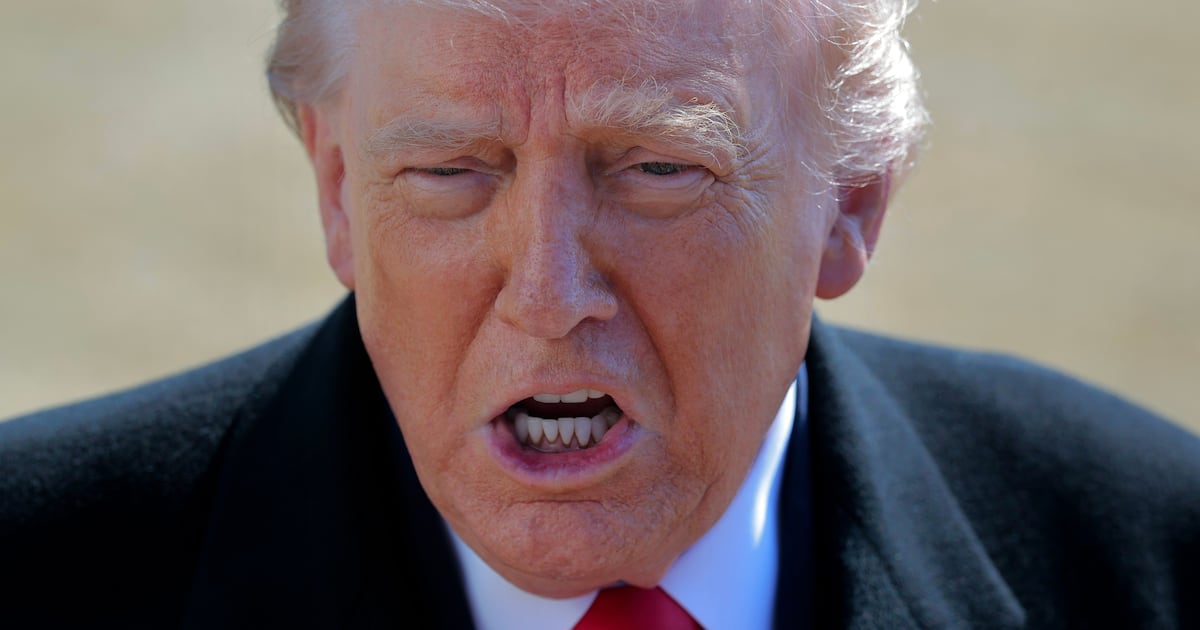The Free World has been faced with a conundrum: how to oppose Israel’s occupation of the West Bank while making clear that it does not delegitimize Israel’s existence per se. The E.U.’s new guidelines forbiding financing or supporting Israeli Institutions in the West Bank may send the right message: the West stands behind Israel, but will never accept the occupation.

While Israel’s current government includes two parties—Yair Lapid’s Yesh Atid and Tzipi Livini’s Hatnu’a—that are committed to the two-state solution, the Likud itself is nowadays largely composed of people who expressly reject the two-state solution. They are taking over the party’s central institutions, and it is doubtful that Benjamin Netanyahu could genuinely move towards a two state solution, even if he wanted to, without losing his own party.
Add to this that Naftali Bennett has seemingly changed the face of Israel’s national-religious wing: suave, well-educated and far removed from the image of long-bearded fundamentalist rabbis, he seemed to make the case for Israel’s annexation of most of the West Bank in a way that the world could, and in his view should understand.It therefore looked as if John Kerry’s massive efforts to restart the defunct peace process were doomed, and that the only question was whether Israel or the Palestinians would win the PR battle and be able to claim that the other side was the peace-refusenik. But most of all it seemed that Bennett’s explicit goal of having more than one million settlers east of the Green Line and thus killing the two state solution for good was becoming realistic. The E.U.’s publication of its new guidelines that forbid any funding, financing and cooperation with Israeli institutions in the West Bank may therefore have arrived at precisely the right moment.
The guidelines strike a delicate balance. On the one hand, they make absolutely clear that the E.U. will never accept Israel’s creeping colonization of the West Bank. On the other hand the E.U. makes equally clear that its unwillingness to cooperate with or accept the occupation does not in any way imply that the E.U. delegitimizes Israel itself.
In this way the E.U. is distancing itself from the visceral hatred against Israel in certain left-wing circles that like to paint Israel as the epitome of evil. These circles’ total disregard of the genuine dangers facing Israel, and their lack of understanding for ordinary Israelis genuine fear is fed by an animus that fed into delegitimizing Israel’s existence per se. As my many conversation with politicians and diplomats from E.U. countries show time and again, this is not their position.
The guidelines teach a lesson to the new generation of young Israeli right-wing politicians like Bennett, Danny Danon and Tsipi Hotoveli, who are genuinely convinced that Israel can get away with the annexation of the West Bank. Bennett had triumphantly told anybody willing to interview him that Israel’s international isolation was a myth, and Danny Danon didn’t even realize what a fool he was making of himself when he told international media in no uncertain terms that the Jewish right to the West Bank was a matter of course.
They have in part been inspired by former Foreign Minister Avigdor Lieberman’s outlandishly uncivilized behavior towards European politicians and diplomats. Lieberman basically gave the impression that Europe is passé, and that Israel in no way depends on strategic, economic and cultural ties to Europe, and can build strategic depth via Russia and China.
This is of course sheer stupidity. Lieberman failed miserably in his attempts to get support from China and Russia when it mattered. China is at best interested in Israel’s technological and entrepreneurial know-how, and Russia is making clear at every juncture that its interest in playing a central role in the Middle East will in no way be impeded by Israel’s needs—for example by selling advanced missiles to Syria that can reach Hezbollah.
Europe’s importance for Israel is overwhelming in several respects. Let us begin with the simple fact that the E.U. is by far Israel’s largest trading partner, and that many of Israel’s largest R&D projects are partially financed by Europe. But to discount Europe also requires a profound form of historical myopia: Europe has a complex and often tragic history with the Jewish people. It is aware of this history, doesn’t deny it, and especially in the case of Germany deals with it in impressive ways. And as opposed to Russia and China, Europe will, despite its criticism of Israel’s settlement policy, never turns its back to Israel.
I do not know how long it will take Israel’s young, right-wing politicians to begin to understand Israel’s place in the world, and its long-term strategic needs. So far they have shown nothing but myopia and ignorance. The question is if and when they will begin to realize that they have been intoxicated by their electoral success, and that they are acting against Israel’s long-term interest.
As U.S. Secretary of State John Kerry has said a number of times, the window of opportunity for the two-state solution is closing—and I guess is that the U.S. administration is not opposed to the E.U.’s latest move. In fact, I hope that the EU’s message will support Kerry’s valiant effort and make more Israelis realize that our country’s political, economic, moral and strategic future resides in being firmly anchored in the Free World’s values.






